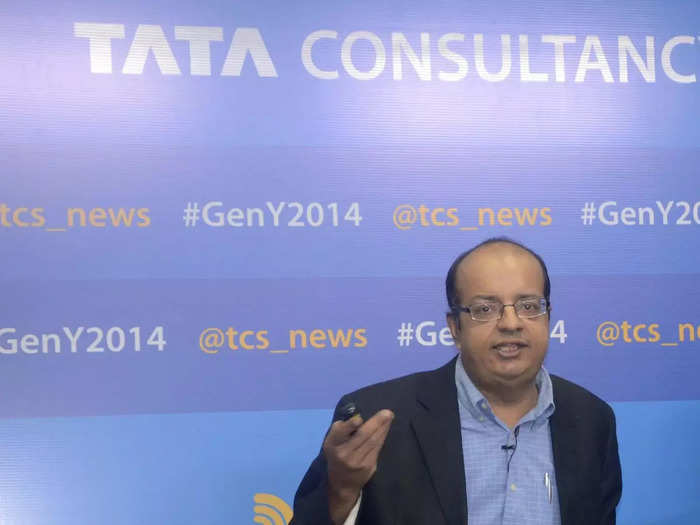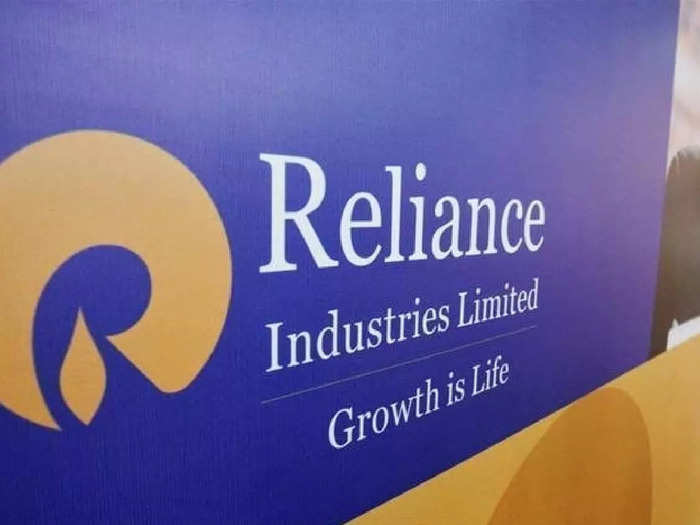With climate change becoming a challenge for humanity, major corporations across the world have pledged to make an impact by moving towards carbon neutrality. Net zero is a target taken up by companies that aims to have no impact on the environment from greenhouse gases by reducing the emission and absorbing carbon dioxide (CO2) that is produced during human activities.
This list consists of top private Indian companies, including Tata Power, Reliance, Mahindra, ITC, Adani, Wipro and more that have pledged to lower greenhouse gas emissions and move towards carbon neutrality. Let’s take a look at how these companies are looking to reduce carbon emissions and reach their net zero targets.
HDFC Bank
IANS
The private bank announced its goal to become carbon neutral by 2031-32 in June this year. It is looking at reducing its emissions, energy, and water consumption. To reach its target, the bank is looking to increase rooftop solar capacity in large offices, convert 50% of its sourced electricity to renewable energy, make its corporate offices free of single-use plastic, plant 2.5 million trees and reduce water consumption by 30%. As part of the initiative, the HDFC Bank will offer loans on green products like electric vehicles at a lower interest rate.
Wipro
IANS
The information technology (IT) services company announced its commitment to achieving net zero greenhouse gas (GHG) emissions by 2040 on Earth Day this year. As part of its intermediate plan, it will look to reduce GHG emissions by 55% by 2030, in comparison to its base year of 2016-17. These targets are said to be based on Science Based Targets initiative (SBTi). The company will look to increase the use of renewable energy and improve overall energy efficiency of its facilities to reduce the consumption.
Tata Consultancy Services (TCS)
IANS
TCS plans to reduce its absolute greenhouse gas emissions by 70% by 2025 and achieve net zero emissions by 2030. Part of its strategy focuses on adding green buildings, reducing IT system power usage, and leveraging internet of things (IoT), machine learning and artificial intelligence (AI) to optimise energy consumption. It claims that the environmental footprint was significantly reduced in 2021 due to remote working, which led to reduction in resource consumption, emissions and wastes.
ITC
ITC
The conglomerate aims to meet 100% of its entire energy needs from renewable sources by 2030. It is looking to minimise carbon intensity and adopt a low carbon growth plan. As part of its strategy, it is looking towards energy conservation, use of renewable energy sources and the expansion of carbon isolation through large-scale programmes. According to the company, the total area under ITC's farm and social forestry plantations is about 41,000 hectares.
Mahindra
IANS
The Mahindra Group, which runs businesses across various sectors, has committed to becoming carbon neutral by 2040. The company had announced its plans in 2018 and is looking towards energy efficiency and the use of renewable power to achieve the target. The company will use its expertise to absorb carbon from the atmosphere to deal with residual emissions. It has also signed up for the EV100 initiative to accelerate EV adoption and make it the new normal by 2030.
Tata Power
Tata Power
Tata Power has committed to set emission reduction targets and is one of the first power companies to commit to carbon neutrality before 2050. The power provider is looking to phase out coal based capacity and expand its clean and green portfolio to achieve 80% of its target by 2030. It is looking to empower customers by providing emerging smart and green technologies.
Indian Railways
Unsplash
The Indian Railways, which caters to over a billion Indians, has set up a mission to become a 'net zero carbon emitter' before 2030. The government-owned network is looking to increase the amount of freight moved from about 35% in 2015 to 45% by 2030, which will help reduce the dependency on other modes of surface transportation, and decrease overall emissions from transportation. Apart from this, it is looking to increase its sourcing of renewable energy, electrifying its traction network that can reduce the carbon footprint if generated from renewable energy and reduce its overall energy consumption.
Adani
IANS
Indian billionaire Gautam Adani has vowed to make his business carbon negative by balancing its energy migration. The company is looking to invest a total $70 billion by 2030 and has an ambition to become the one of the largest renewable energy producers.
Infosys
Infosys
The IT services company has become carbon neutral in 2020 across all emissions as the company began its commitment to carbon neutrality in 2011. The company began its journey in 2008, long before the Paris Agreement. It built its programme on three pillars — energy efficiency, renewable energy and carbon offsets to deal with residual emissions. The company also offers clean technology to clients to help them reduce their carbon footprint.
Reliance Industries
IANS
The Mukesh Ambani-owned business set up a target last year to become net zero by 2035. The company will focus on clean air and water, prevention of soil contamination, preservation of biodiversity and optimal utilisation of resources. It is looking to make a transition from fossil fuels to renewable fuels, recycling material and capture CO2 and convert it into useful chemicals.










